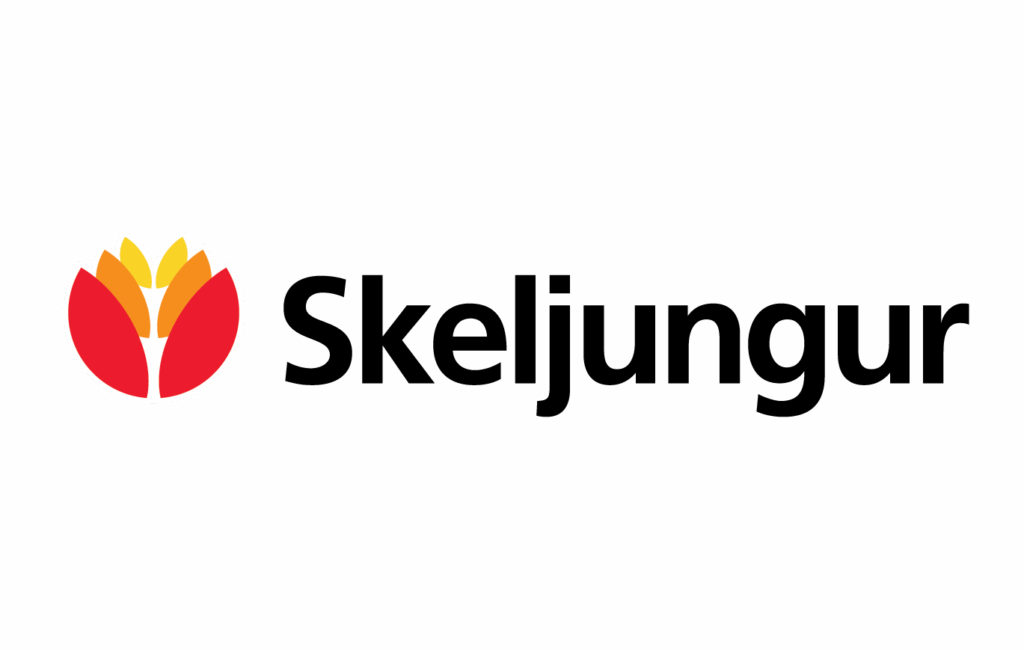Eitt umhverfisvottunarbatteríanna sem vill ráða lögum og lofum um framþróun mála í sjávarútveginum er „Friend of the Sea’ (FOS). Oftast er MSC (http://www.msc.org/) nefnt í þessu sambandi, en þótt MSC hafi yfirburðastöðu á þessum „markaði’ eru þessar stofnanir svo sannarlega fleiri.
Í dag barst tölvupóstur á skrifstofu LS, sem að lokinni athugun var sendur í gegnum póstlista Friend of the Sea (http://www.friendofthesea.org/) til þess sem áframsendi hann til LS.
Ástæða þess að rétt þótti að kanna uppruna póstsins var að textinn í þessari tilkynningu frá FOS er svo arfageggjaður að það fyrsta sem kom í hug var að um hreint gabb væri að ræða, óþverrabragð einhverra óvildarmanna FOS.
Sem þetta er ritað er tilkynninguna ekki að finna á heimasíðu FOS, sem verður að teljast undarlegt í ljósi þess hvers eðlis hún er. Því skal enn ekki útilokað að um gabb sé að ræða.
Hér er enski textinn í heild sinni:
„Redlisted and overexploited North Atlantic cod and haddock fisheries do not pass Friend of the Sea assessment.
World seafood leader’s application to Friend of the Sea rejected face negative official scientific stock status data.
Friend of the Sea refused audit authorization to North East Atlantic cod and haddock fishery, given its verifiable non compliance with some of the essential Friend of the Sea sustainability standards. The application had been filed by an international seafood leader requesting assessment of its supplying longline fishery. Given the current cod and haddock target stock status, audit authorization was not provided as the fishery stands no chance of being certified.
Gadus morhua (Atlantic Cod) and Melanogrammus aeglefinus (Haddock) are considered Vulnerable by the IUCN Redlist, meaning they are facing a high risk of extinction in the wild in the medium-term future. (http://www.iucnredlist.org/search/details.php/8784/summ , http://www.iucnredlist.org/search/details.php/5-0-1/all)
Atlantic Cod is also considered overexploited or severely depleted by ICES 2007 in each ICES division. Haddock is considered overexploited in the Va ICES division. (http://www.ices.dk/advice/icesadvice.asp).
The longline fishery in the area catches approx. 36% of total Icelandic cod and haddock catch. Even though longlines are likely to be more selective than bottom trawling and do not cause unsustainable impact on the seabed, the longline fishery still represents one of the main causes of cod and haddock overexploitation.
“Most bottom trawled groundfish fisheries, such as hoki, hake, cod and pollock are overexploited. Consumers should not be mislead by sustainability claims until these stocks recover and lower impact fishing methods will be used” states Dr Bray, Director of Friend of the Sea “The audit will be authorized only if the cod and haddock stocks will recover. Friend of the Sea has suggested the market leader company which failed certification to instead apply for assessment of its farmed cod and haddock plants: they could represent a sustainable alternative, as long as they comply with FOS Criteria for Aquaculture.”
For more information:
Paolo Bray – paolobray@friendofthesea.org
Friend of the Sea – www.friendofthesea.org – info@friendofthesea.org – Skype: friend.of.the.sea
HQ (EU): Tel: +5650306-348-39 – Fax: +29537094-02-39 – United States: Tel: 418-617-001-3491 (EC)
United States: Tel: 508-415-001.5293 (WC) – UK: Tel: 7193-020-0044 4146“
—
LS hefur gert heiðarlega tilraun til þess í dag að finna hinn íslenska aðila sem tilkynningin gefur til kynna að hafi sótt um vottun hjá FOS og verið hafnað, en ekki haft árangur sem erfiði. Sé það rétt að einhver „leiðandi alþjóðlegur aðili’ á Íslandi hafi sótt um vottun frá FOS er sá hinn sami vinsamlegast beðinn að hafa samband við LS hið fyrsta. Í þessu sambandi skal þess getið að formaður LS átti samtal við Paolo Bray, höfuðpaur FOS í endaðan janúar sl. á ráðstefnu um sjávarútvegsmál í Barcelona. Þá var Paolo aldeilis á því að ekkert væri því til fyrirstöðu að votta íslenska smábátaflotann.
Ekki er ástæða til að tíunda á íslensku kjaftæðið í enska textanum hér að framan. Bullið og vitleysan sýnir glögglega það sem margsinnis hefur verið bent á af hendi LS: aðilar sem vita minna en ekkert um sjávarútveg eru að ná töglum og höldum í umræðunni um sjávarútvegsmálin í Evrópu. Íslendingar eru, með sama áframhaldi, að tapa í rökræðunni.
Allt þetta verður þó sýnu ferlegra við að skoða vefslóðirnar sem tíundaðar eru í þessari tilkynningu FOS: IUCN (http://cms.iucn.org/) og síðast en ekki síst ICES (Alþjóða hafrannsóknaráðið – þar sem allt er borið undir af hendi Hafró áður en ráðgjöf stofnunarinnar er gefin út) (http://www.ices.dk/indexfla.asp). Samkvæmt vefsíðu ICES eru Þorsteinn Sigurðsson og G. Stefánsson, báðir titlaðir frá Hafró, í auðlindastjórnunarnefnd ICES.
Á heimasíðu Hafró kemur glögglega fram hin fyrnasterku tengsl stofnunarinnar við ICES: (http://www.hafro.is/undir.php?leit=ICES&Submit=LEITA&ID=28&REF=3).
Það er lyginni líkast að fylgjast með því hvernig umræðan um sjávarútveginn þróast á hinum alþjóðlega vettvangi. Engu er líkara en að samtök og stofnanir fólks sem gætu ekki ratað niður að höfn eða strönd, þó þau ættu líf sitt undir því, ráði framtíð og afkomu fiskimanna heimsins.
Það er löngu tímabært að snúast til varna af hendi þeirra síðarnefndu.













